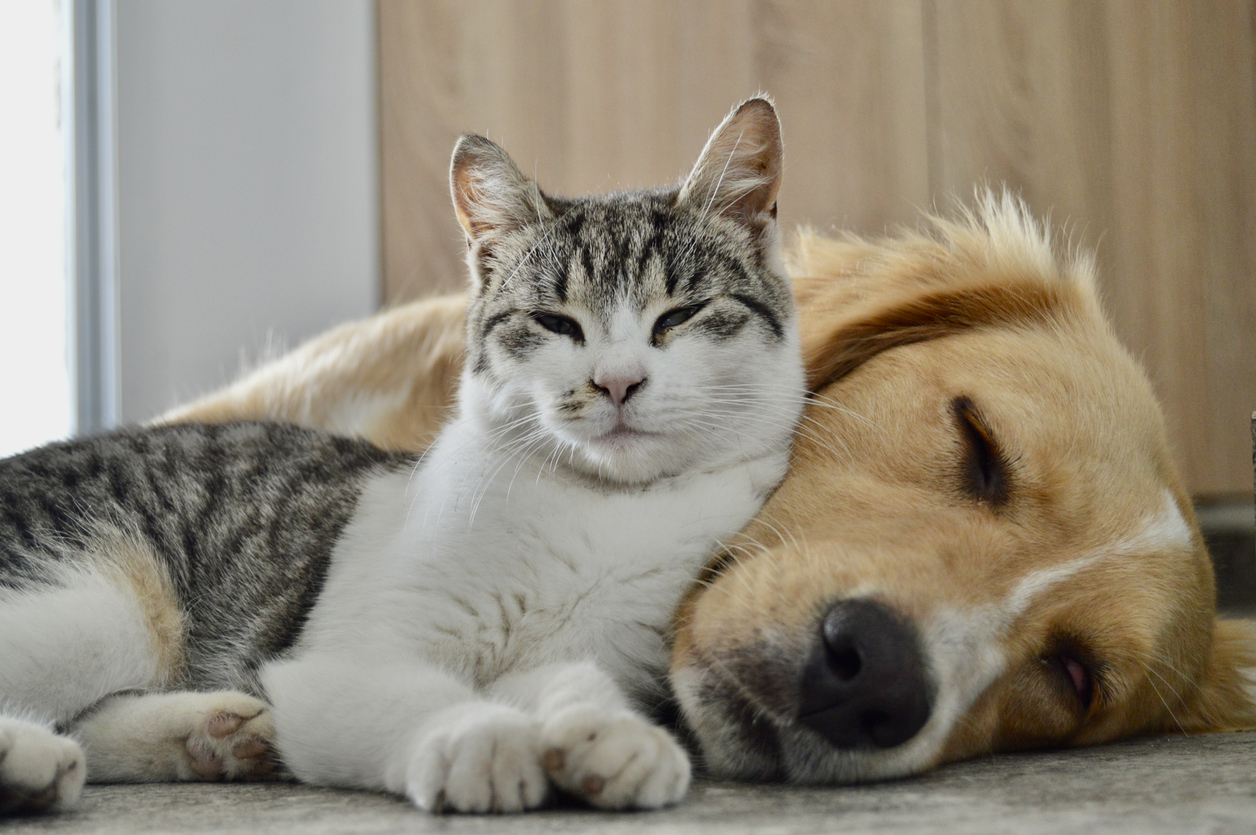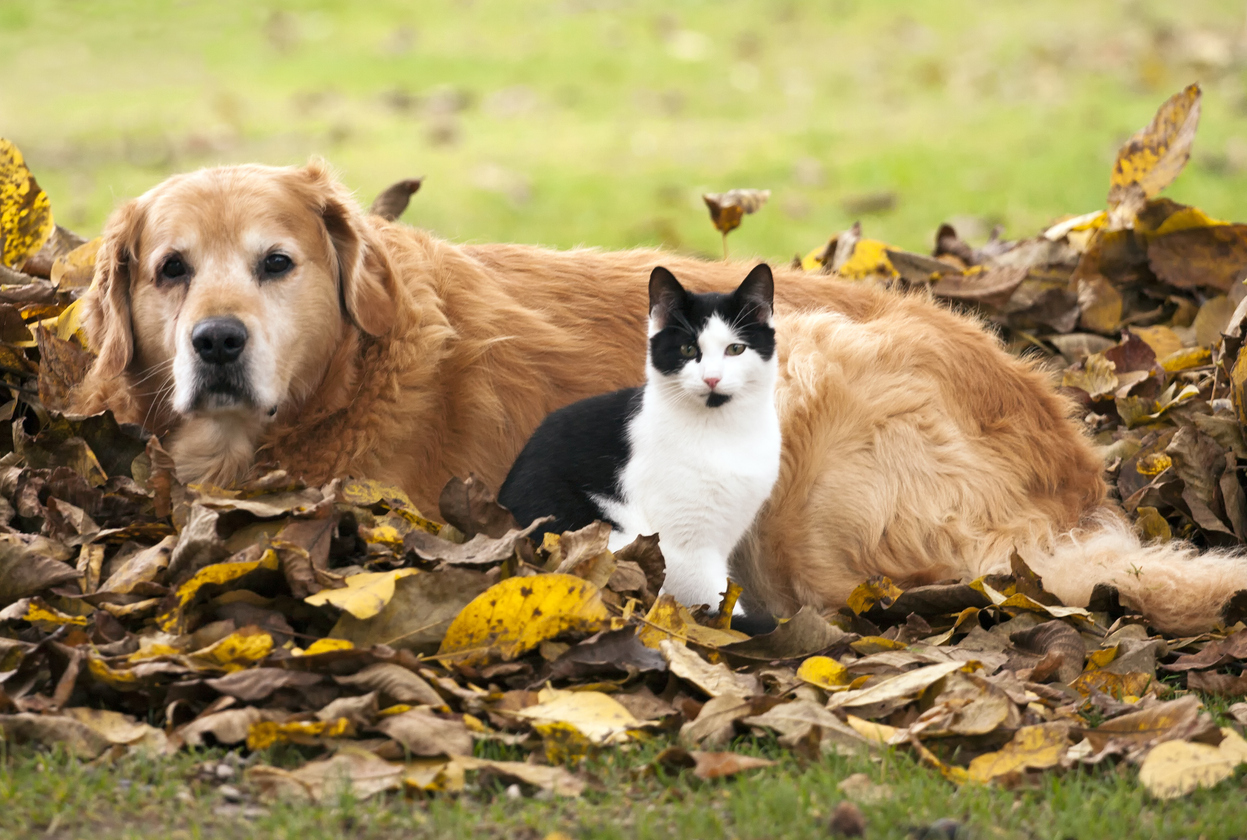If you’re a dedicated pet owner, chances are you’ve encountered the possibility of your furry friend needing surgery at some point. This comprehensive guide will walk you through everything you need to know about pet surgery. From understanding the different types of surgeries to learning how to prepare your pet beforehand and what to expect post-surgery, we’ve got you covered. We will answer common questions such as:
- Why does my pet need preanesthetic blood testing? …
- Why can’t I feed my pet before surgery? …
- Is anesthesia safe for my pet? …
- Is my pet monitored during surgery? …
- Is there risk involved in my pet’s surgery?
No pet owner ever wants to face the prospect of their beloved companion undergoing surgery, but being informed and prepared can make all the difference. Join us as we guide you through pet surgery and empower you to make the best decisions for your pet’s health and well-being.
The Importance of Pet Surgery
Pet surgery plays a crucial role in maintaining the health and well-being of our furry friends. While it can be a daunting prospect for pet owners, understanding the importance of these procedures is essential. Whether it’s a preventive measure, like spaying or neutering, or a necessary intervention to address a medical condition, pet surgery can significantly improve and prolong the lives of our beloved companions.
One of the primary reasons for pet surgery is to prevent or treat diseases. Spaying or neutering, for example, helps control the pet population, reduces the risk of certain cancers, and in some cases it can help prevent behavioral issues. Additionally, surgeries like tumor removals, orthopedic procedures, and dental surgeries can alleviate pain and improve pets’ overall quality of life.
Sometimes, we must perform emergency surgeries due to accidents or sudden illness. These surgeries can be lifesaving and provide immediate relief to pets in critical conditions.
While pet surgeries come with risks and considerations, their benefits in improved health and quality of life make them essential to responsible pet ownership.
Common Types of Pet Surgeries
Pet surgeries encompass various procedures, each serving a specific purpose. Understanding the common types of surgeries can help pet owners grasp the variety of interventions available and their potential benefits.
- Spaying and Neutering: Spaying refers to the surgical removal of a female pet’s reproductive organs, while neutering (also referred to as castration) involves removing the testicles of a male pet. Veterinarians perform these procedures to prevent unwanted pregnancies, reduce the risk of certain cancers, improve overall health, and in some cases, it helps prevent behavioral issues. At All Animal Veterinary Services, we perform spaying and neutering on dogs, cats, and some exotic animals such as pocket pets – rabbits, hamsters, Guinea pigs, etc.
- Dental Surgeries: Dental health is crucial for pets, and dental surgeries may be necessary to address conditions like periodontal disease, tooth extractions, and oral tumors. Dental surgery can eliminate chronic tooth pain, infections, and systemic health problems in pets.
- Tumor Removal: Just like humans, pets can develop tumors. We recommend the removal of tumors to prevent further growth, alleviate pain, and improve the pet’s quality of life.
- Orthopedic Surgeries: Orthopedic surgeries help pets with bone, joint, and muscle problems, such as fixing fractures, stabilizing joints, and performing spinal procedures. These surgeries aim to reduce pain, enhance movement, and restore regular functioning in pets.
- Soft Tissue Surgeries: Soft tissue surgeries involve interventions on organs, tissues, and vessels. Examples include surgeries for gastrointestinal issues, urinary tract blockages, and removal of foreign bodies.
- Eye Surgeries: We perform eye surgeries to address conditions like cataracts, glaucoma, and tumors. These procedures aim to improve vision and alleviate discomfort in pets.
Choosing a Veterinarian for Your Pet’s Surgery
We always recommend you choose a licensed and experienced veterinarian to perform the specific type of surgery your pet needs. Dr. Eleanor Acworth is trained in and performs many surgical procedures. However, if a pet requires specialized surgery that we do not perform, we will refer you to a trusted specialist.
If you have an exotic pet, you have come to the right place. Dr. Acworth is experienced in treating exotic pets. Dr. Acworth, can assess the specific needs of exotic species, minimizing potential complications.
The Importance of Blood work Prior to Surgery

Blood work is routinely done on pets before anesthesia for several vital reasons. Firstly, it helps assess the animal’s overall health and organ function. The results can reveal underlying issues, such as liver or kidney problems, which might affect how the pet processes and eliminates the anesthesia drugs.
Secondly, bloodwork gives a starting point for comparing blood values before, during, and after the procedure. If there are unexpected changes in the pet’s vital signs, the vet can quickly adjust the anesthesia.
Furthermore, bloodwork helps identify potential risks or contraindications that might increase the likelihood of complications during anesthesia. For example, abnormalities in blood clotting factors could impact the pet’s ability to recover successfully from surgery.
In essence, pre-anesthetic bloodwork is a proactive measure to ensure the safety and well-being of the pet during the anesthesia process, allowing veterinarians to tailor their approach to the specific health needs of each animal.
Preparing for Your Pet’s Surgery
Preparing your pet for surgery involves a series of steps to ensure their safety and well-being before, during, and after the procedure. Here’s what you can expect during the preparation phase.
First, your veterinarian will thoroughly examine your pet to assess their overall health and identify any potential risks. They may also recommend additional diagnostic tests, such as blood work or X-rays, to gather more information before proceeding with the surgery.
Sometimes, your pet may need to fast for a certain period before the surgery. Fasting prevents any complications that may arise from anesthesia. Your veterinarian will provide specific instructions regarding fasting and any necessary medication adjustments.
The importance of fasting:
Before surgery, you are asked not to feed your pet to lower the risk of complications. When under anesthesia, pets might have trouble controlling their reflexes, and a full stomach could lead to vomiting. This could be dangerous because stomach contents might enter the lungs, causing breathing problems. By keeping the stomach empty before surgery, the chances of this happening are reduced. It’s a precaution to ensure the safety of the pet during and after the procedure. Water intake is usually allowed to prevent dehydration, but it’s crucial to follow the veterinarian’s instructions for the specific fasting guidelines tailored to each pet and their unique needs.
On the day of the surgery, we will ask you to bring your pet to the clinic at a designated time. One of the staff will go over the procedure details with you, address any last-minute concerns, and have you sign a consent form.
In most cases, you will be able to bring your pet home after they have recovered from the anesthesia. Before you take your pet home, we will go over your post-surgical instructions and answer any questions you may have. If your pet needs to remain in the hospital for post-surgery observation, we will go over this with you as well.
Monitoring Your Pet During Surgery
Monitoring a pet during surgery is a critical aspect of ensuring their well-being and a successful procedure. Veterinarians employ a range of sophisticated monitoring equipment to closely observe vital signs such as heart rate, respiratory rate, blood pressure, and oxygen saturation levels. Continuous monitoring allows the veterinary team to detect any abnormalities or complications promptly, enabling quick intervention if necessary. In addition to electronic monitoring, experienced veterinary professionals closely observe the pet’s physical responses, anesthesia depth, and overall condition throughout the surgery. This comprehensive approach ensures that any potential issues can be addressed promptly, maximizing the safety and comfort of the pet undergoing the procedure.
Understanding Potential Surgery Risks
While pet surgeries are generally safe, inherent risks and potential complications are involved. For example: Surgical sites can become infected if proper hygiene and post-operative care are not followed.
Pets may also experience complications during recovery, such as bleeding swelling, or poor wound healing. And as mentioned above, there can be some adverse reactions to anesthesia during surgery which we prevent as much as possible with prior bloodwork.
The doctor will discuss with you any potential risks involved and answer any questions you may have before you sign the consent form.
Tips for Successful Recovery after Pet Surgery

Ensuring a smooth and successful recovery after pet surgery requires attention to detail and careful planning. Here are some tips to help your furry friend bounce back quickly and comfortably.
Follow your veterinarian’s aftercare instructions diligently. The instructions will include administering medications, monitoring the incision site, and attending follow-up appointments.
Implement any dietary changes recommended by your veterinarian. Specific surgeries may require modifications to your pet’s diet to aid in their recovery. Follow these recommendations to ensure proper nutrition and support healing.
Provide plenty of love, attention, and reassurance to your pet during their recovery period. Spending quality time with them and engaging in gentle activities can help reduce stress and promote a positive healing environment.
Alternative Options to Pet Surgery
In some cases, pet surgery may not be the only option available. Alternative treatments and therapies can sometimes provide viable alternatives to surgical intervention. Here are a few examples.
- Physical therapy: Physical therapy techniques, such as hydrotherapy and therapeutic exercises, can help manage certain conditions and reduce the need for surgery.
- Medication and lifestyle changes: Certain medical conditions can be managed effectively with medications and lifestyle modifications.
Please feel free to discuss these alternatives with Dr. Acworth to determine if they are suitable for your pet’s specific situation.
Conclusion: Ensuring the Best Care for Your Furry Friend
Pet surgery is a significant decision that requires careful consideration and preparation. Understanding the different types of surgeries and following proper pre- and post-operative care can ensure the best possible outcome for your furry friend.
Remember to discuss all concerns and questions with Dr. Acworth, as she is your best resource for guidance and support throughout the process. With the information and the right team by your side, you can confidently navigate the world of pet surgery and provide your beloved companion with the care they deserve. If you have any concerns about your pet or are considering surgery for your pet, please contact us now. We are here to help and answer any questions.
Your Dedicated Veterinary Team
All Animals Veterinary Services




